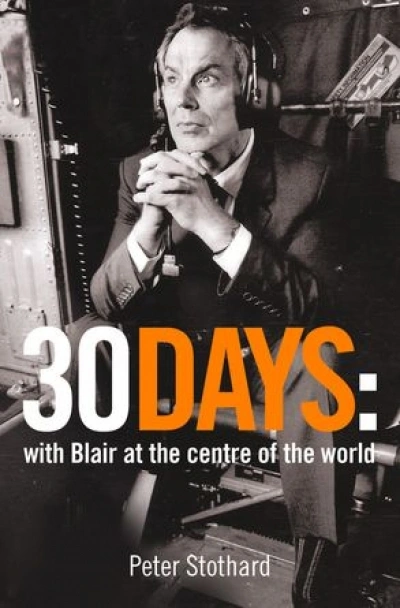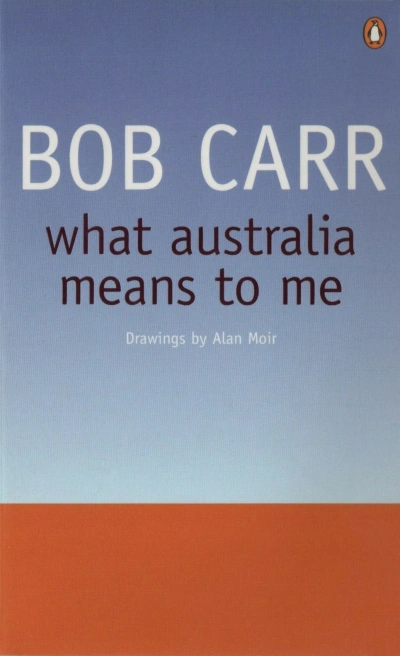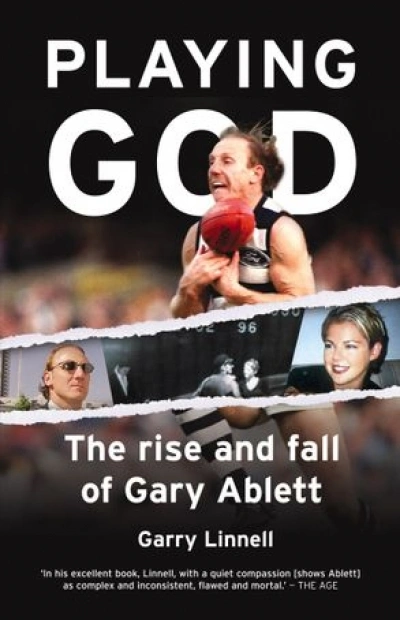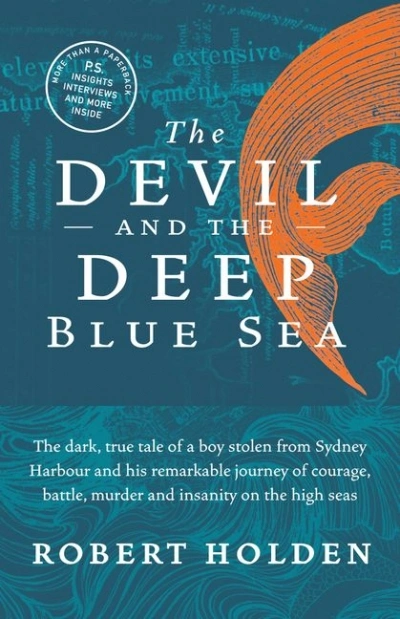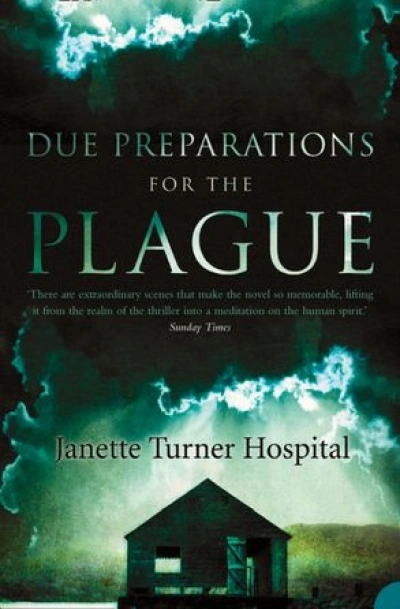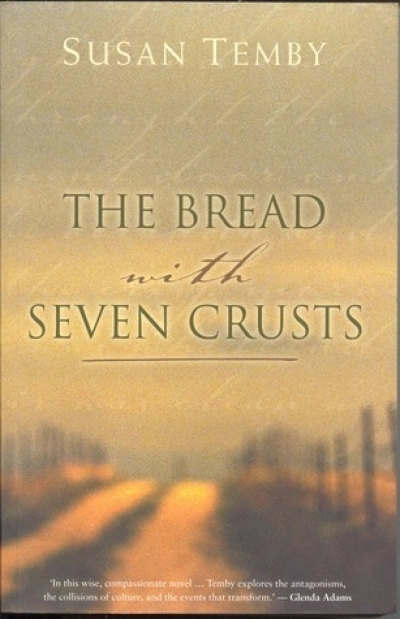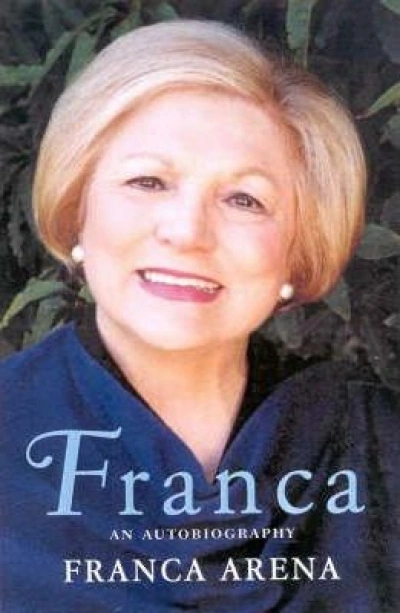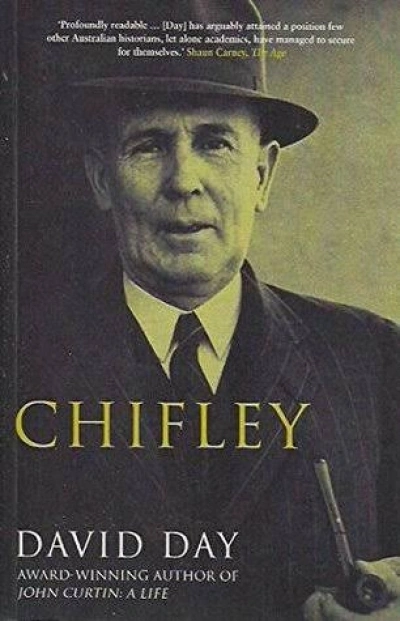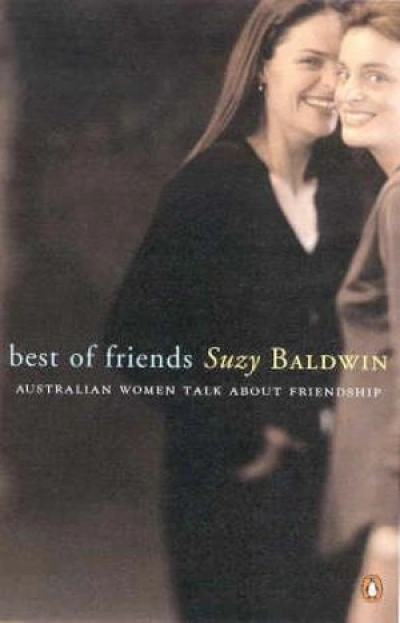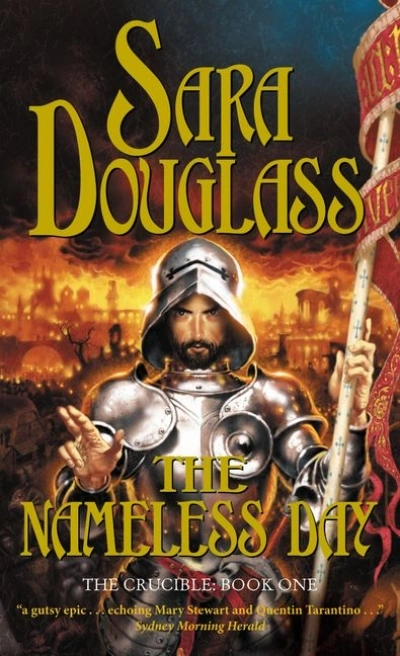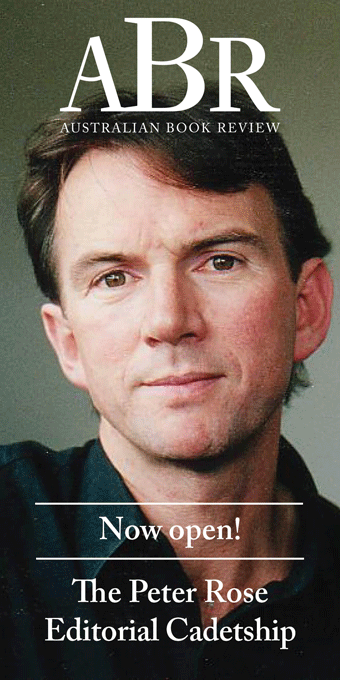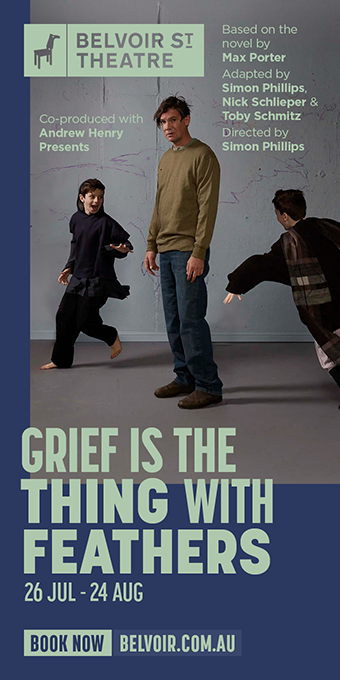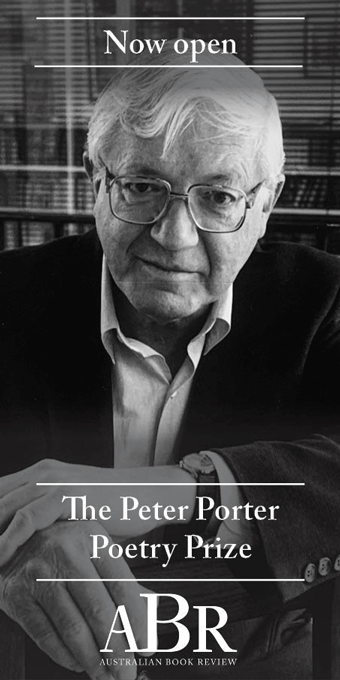HarperCollins
30 Days: A month at the heart of Blair’s war by Peter Stothard
by Richard Walsh •
What Australia Means to Me by Bob Carr & Bob Carr by Andrew West and Rachel Morris
by Beverley Kingston •
Playing God by Garry Linnell & Bob Rose by Steve Strevens
by Brian Matthews •
Due Preparations for the Plague by Janette Turner Hospital
by Brenda Niall •
Franca by Franca Arena & Speaking for Myself Again by Cheryl Kernot
by Craig Sherborne •
Best of Friends by Suzy Baldwin & Friends and Enemies by Dorothy Rowe
by Stephanie Trigg •


